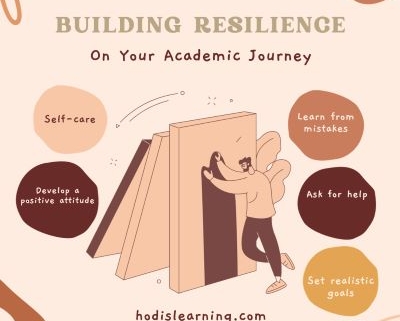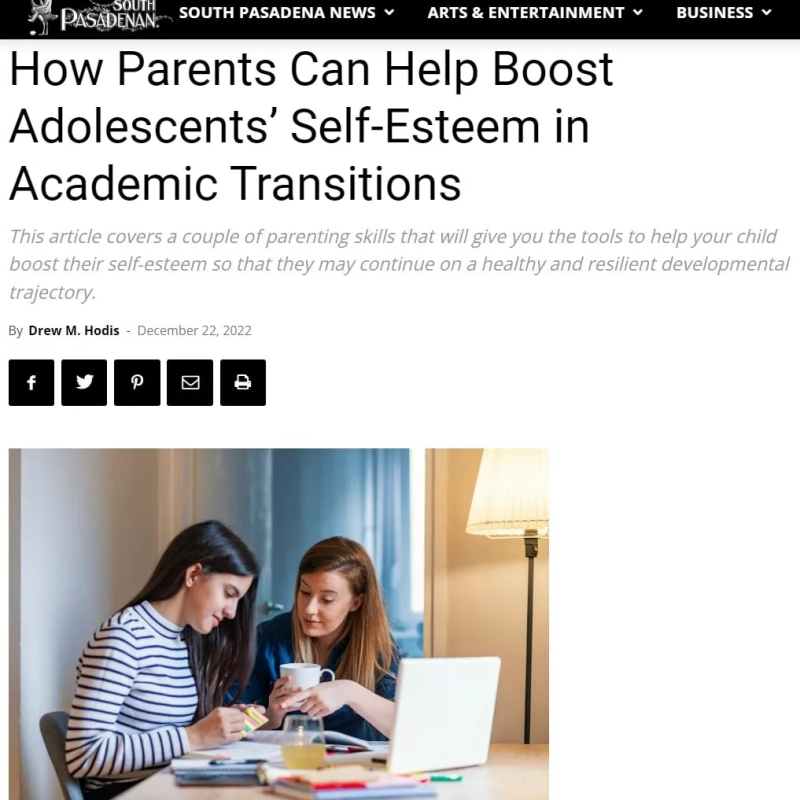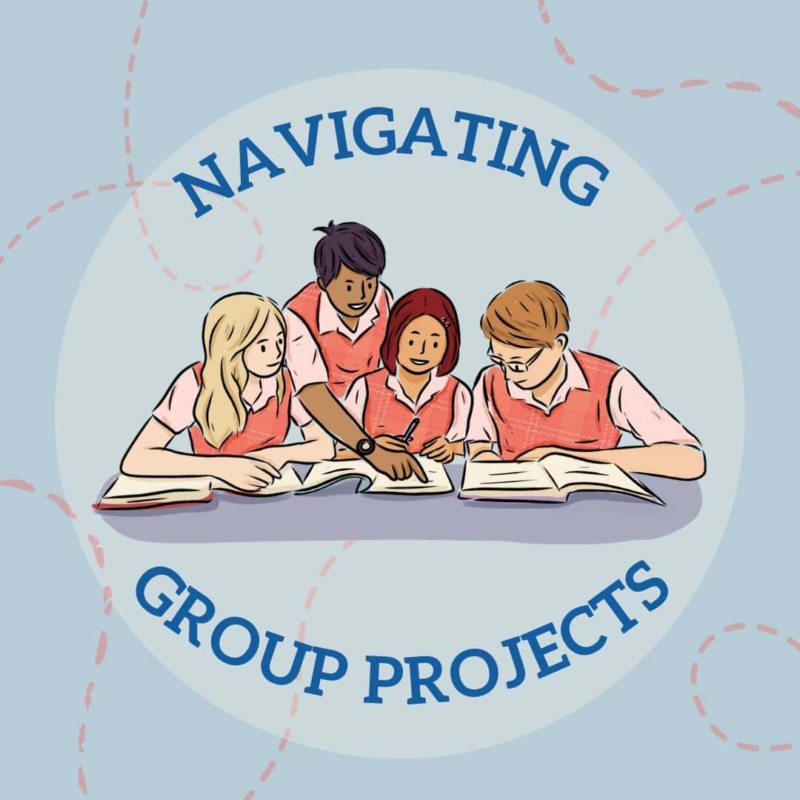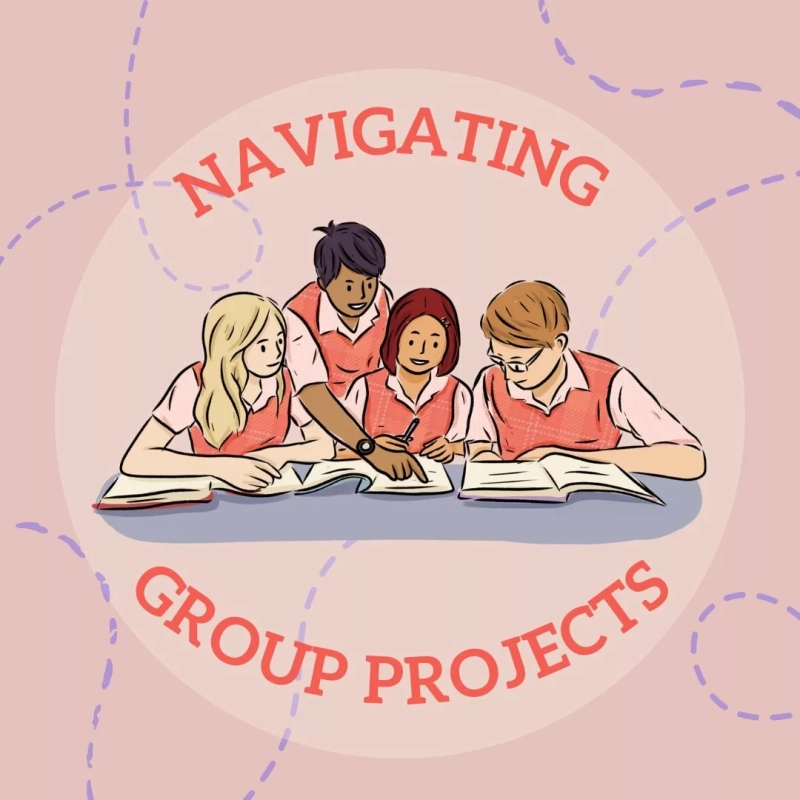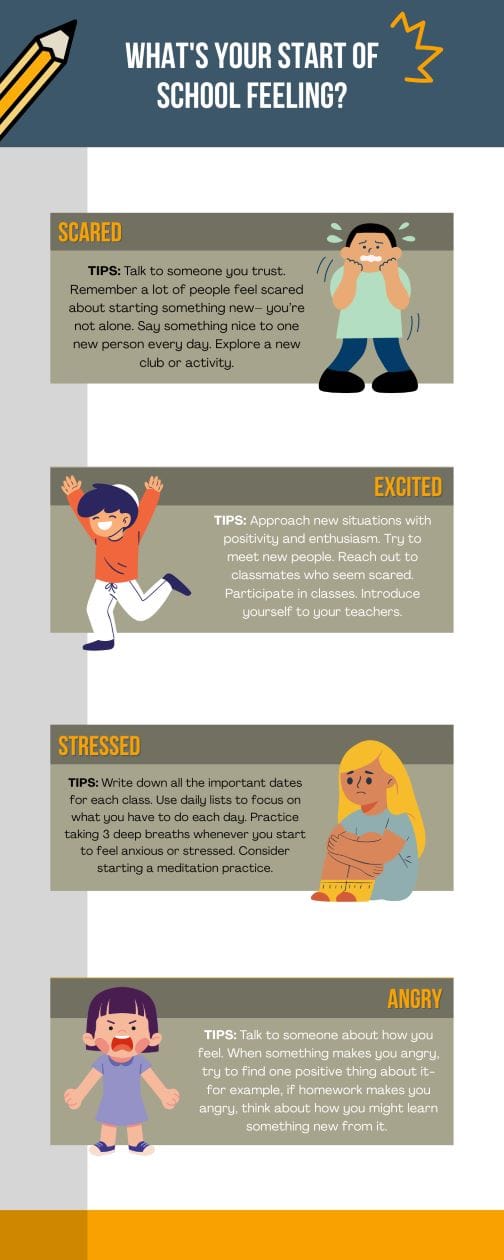The significance of diligence, strong executive functioning skills, and intellectual aptitude (to a certain extent) cannot be overstated when it comes to academic achievement. Yet, an often underappreciated factor that plays a crucial role in shaping students’ academic journeys is the presence of robust social support. As educational landscapes evolve, understanding the profound impact of social support on academic performance is paramount for students and parents alike.
Seeking Social Support Is a Form of Self-Care
Like healthy eating, sleeping well, and exercising regularly, seeking social support is a form of self-care and is crucial for academic success. Regularly spending time with trusted loved ones can help to reduce feelings of loneliness, depression, and anxiety, which may improve a student’s ability to perform in school.
Social Support Is Protective During Challenging Times
Academic journeys are replete with challenges and setbacks. From the pressure of exams to the rigor of daily assignments, students navigate a maze of responsibilities. Social support becomes essential during stressful times, acting as an emotional bulwark against the tide of academic stress. Friends, family, and educators contribute to a support network that fosters emotional resilience, enabling students to maintain focus and persevere through challenges. The reassurance and encouragement from a supportive community can transform the daunting journey of education into a more manageable and less isolating experience.
Enhancing Motivation and Engagement
Motivation is the fuel that drives the engine of learning. Social support nurtures this vital ingredient by providing encouragement, recognition, and constructive feedback. When students feel supported, they are more likely to engage deeply with their studies, participate actively in learning activities, and pursue their academic goals with vigor. The presence of a supportive network can ignite a student’s passion for learning, encouraging them to explore, question, and delve deeper into their subjects.
Cultivating a Growth Mindset
A strong support system can instill a growth mindset in students, empowering them to view challenges as opportunities for development rather than insurmountable barriers. This perspective encourages resilience, prompting students to embrace failure as part of the learning process and persist in the face of difficulties. Such a mindset is invaluable for academic success, as it fosters an adaptive and proactive approach to learning and problem-solving.
The Role of Academic Tutoring
Academic tutoring is uniquely positioned to extend and amplify a student’s network of support. Tutors do more than just impart knowledge; they act as mentors, motivators, and guides. They can personalize learning, address individual challenges, and provide the tailored encouragement that students need to excel. Tutors’ support goes beyond academics, contributing to the student’s overall sense of well-being and self-efficacy, which are critical for sustained academic success.
A Collaborative Path to Excellence
The interplay between academic tutoring and a students’ social support systems creates a synergistic effect that can significantly enhance a student’s academic performance. Tutoring provides the expertise and personalized attention that catalyzes understanding of concepts while also adding to the social support systems that offer the emotional and motivational reinforcement that sustains academic journeys. Together, tutoring and social support form a powerful alliance that fosters an environment where students can thrive academically, emotionally, and socially.
Takeaway
The importance of social support in academic performance is profound. It is a critical element that can dramatically enhance the effectiveness of educational interventions, including academic tutoring. By acknowledging and integrating the power of social support, tutoring services can offer a more holistic and impactful educational experience, paving the way for students to achieve their full academic potential. In the competitive and ever-changing world of education, nurturing this supportive ecosystem is not just beneficial—it’s essential for realizing the true potential of learners at every level.
Sign Up for Tutoring Today
If your student is struggling in a class, then reach out to start tutoring today. We offer tailored, in-home tutoring for all K-12 subjects. Our expert tutors help students flourish in their academics with an improved understanding of course material and by keeping students accountable, helping students to cultivate confidence, and reframing challenges as learning experiences. Learn more or schedule your first session by calling or emailing us today.






